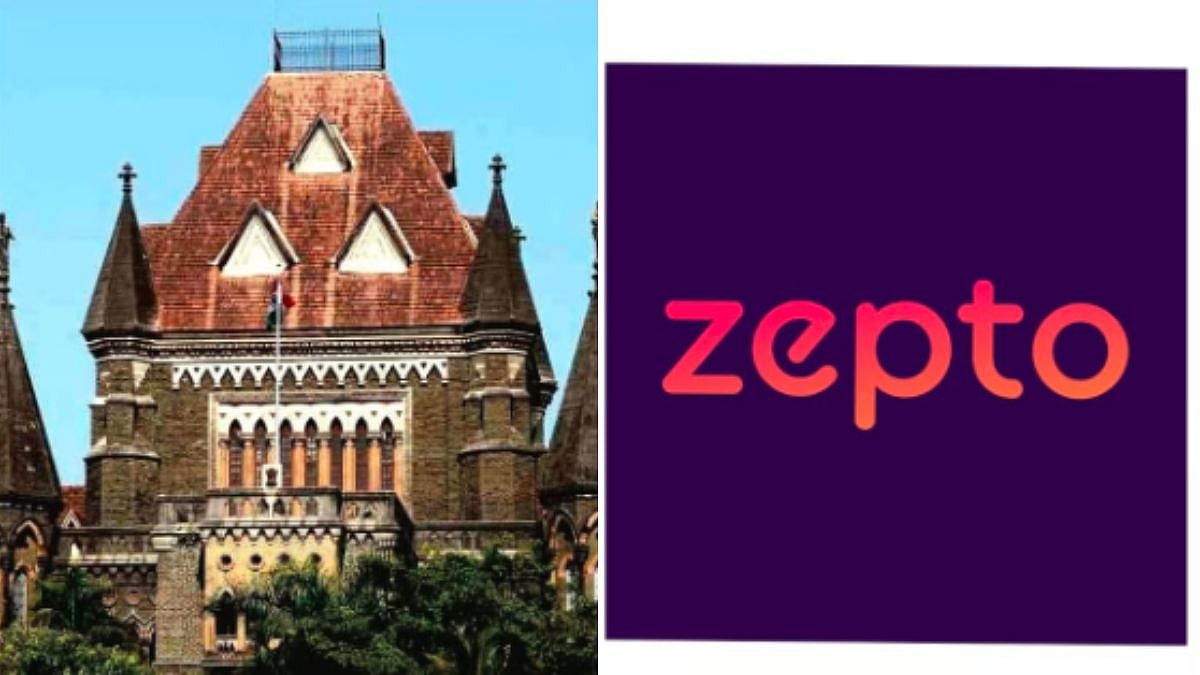The term Unique Selling Proposition (USP) is well known. In fact, it is so well known that everyone uses the term to describe how they are different from everyone else. But where did the term come from?
It was in the 1940s that Rosser Reeves coined the term while creating ads for Television. Eighty years ago, with the rise of the industrial age, this seemed like a great idea. Brands and companies could create a differentiation and own it by either formulation or emotion or many such activities. USP is actually a way to fashion advertising campaigns for selling packaged goods by creating a difference in a largely undifferentiated category.
TODAY, IT’S JUST SPEED
Today, almost 80 years later, the tech-based ‘delivery aggregators’ are trying to create a USP not through better use of technology, or better experience, but by speed of delivery.
We know brands have used their ability to ‘deliver’ and created differentiation. Domino’s built a global brand on its appeal to deliver hot pizza in a fixed time. Consumers lapped it up because food needs to be delivered hot. Today, speed of delivery has been leveraged to become a bizarre feature.
Take Grofers, the grocery aggregator. The difference they want to create is neither by engaging the user with a better algorithm, nor by delivering a better discovery on the platform – but by promising a 10-minute delivery post ordering and even defending why and how the 10-minute delivery matter is an inward-looking feature that has no relevance to the end user.
If we go back to the origination of USP, Reeves was clear that the difference the brand creates has to be relevant to the consumer. The 10-minute delivery promise is really a stunt that makes the brand happy, but makes no difference to the user in the longer run. Will the Grofers user be loyal to the brand because they deliver in ‘just’ 10 minutes? Even brands that deliver medicines do not promise speed of delivery, and speed sometimes does matter when it comes to medicines.
While the grocery delivery brand is trying to beat the clock, the food delivery app called Zomato is building speed in another way. In a series of ads they have just created, they are building on the fact that their delivery ‘partners’ are so committed to work that they don’t have two minutes to enjoy a moment of break with celebrities to whom they have delivered the food. Yes, the brand has been called out, and yes, the brand has responded. The jury is out on which of the two is more tone deaf.
LAYER OF RESPONSIBILITY
Speed of delivery comes with an added layer of activity. It’s the layer of responsibility. The delivery brands have not built any layer of tracking how the delivery is made, on how the bike is used like a mini truck, on how the partner has long working hours, on how they take short-cuts on road.
The new age brands are born out of tech, they need to live the tech and not become exploiters of manpower, just because they think they can deliver speed.
(The author is Co-founder and CSO, Bang in the Middle)









